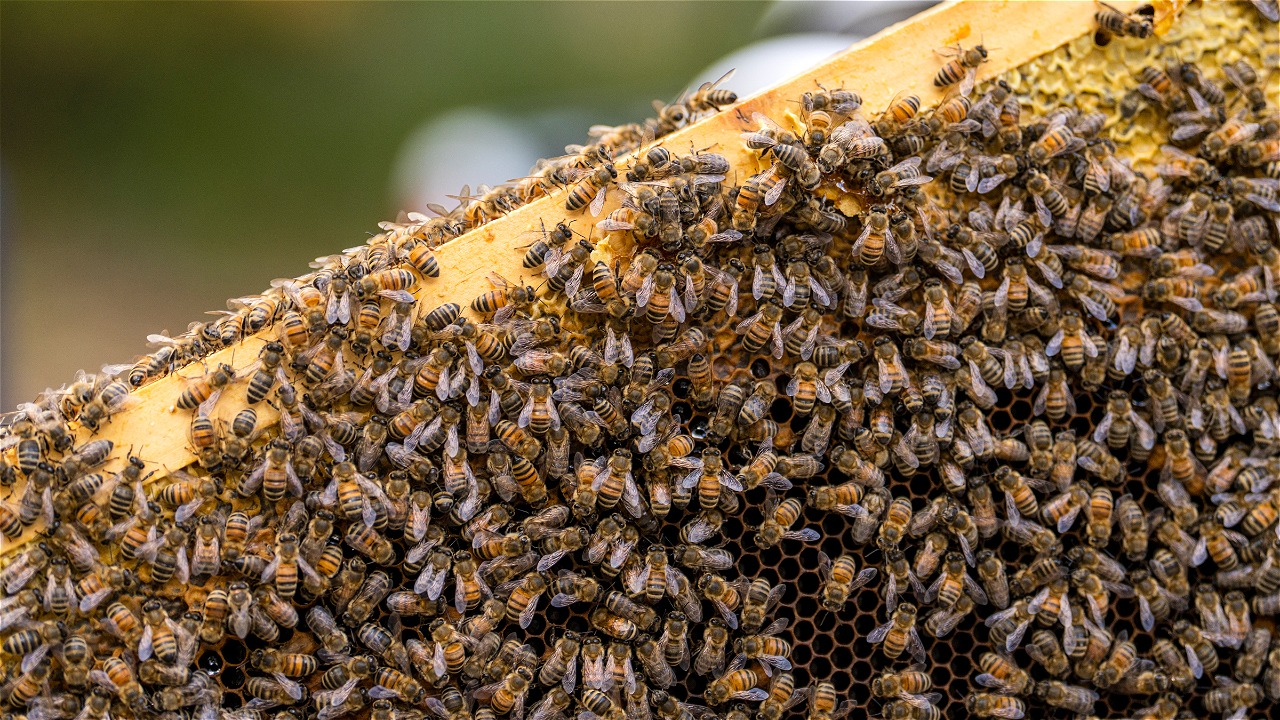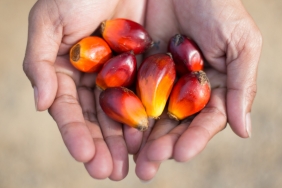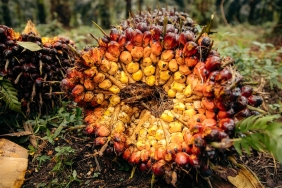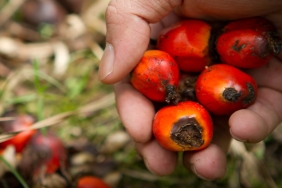WWF LAUNCHES "GREEN AND FAIR PRODUCTS" CAMPAIGN
29 Juli 2010
Jakarta (29/07)-As an effort to promote eco-friendly consumption as well as enhance “fair” value, WWF-Indonesia launches public education campaign of “Green and Fair Products,” on Thursday (29/07), in Balai Sarwono Function Hall, Jakarta.
Green and Fair Products is WWF-Indonesia’s initiative which was started five years ago as a community empowerment program for the community living near conservation. It aims at promoting sustainable natural resources management and creating its market. The products are cultivated in a sustainable way, managed by the communities, and marketed in a fair way with an open policy on pricing. At the end, the sales of the products will return to the community as the producers.
The launching of Green and Fair Products campaign is enlivened by a talkshow titled “Change our consumption behaviour,” presenting the chairman of Women’s Alliance for Sustainable Development (APPB) Dewi Motik Pramono, activist of Indonesian Organic Alliance (AOI) Bibong Widyarti, and WWF-Indonesia Marketing and Communication Director Devy Suradji.
Moreover, eight Green and Fair products from conservation area are also exhibited. They are “Kuyungarang” robusta coffee from Bukit Barisan Selatan NP in Lampung, forest honey from Tesso Nilo NP, “Walabi” cajuput oil from Wasur NP in Merauke, “Tana Tam” Adan rice from Borneo Highlands, “Mt. Mutis” forest honey (East Nusa Tenggara), rhino carvings from Ujung Kulon NP, products made of aloe vera from Sebangau NP, “Banuaka” beads from Betung Kerihun NP in West Kalimantan.
According to CEO of WWF-Indonesia Efransjah, sustainable natural resources management and marketing are significant conservation efforts to guarantee good livelihoods for the communities living in and around conservation areas. “The Green and Fair Products initiative is an effort to synergise ecological and social dimension for sustainable development,” he added.
Meanwhile WWF-Indonesia Social Development Senior Adviser Christina Eghenter said that the campaign aims at promoting fairness-based eco-friendly consumption. By consuming organic or natural products, buying them or growing their own organic food, people have given contribution in maintaining sustainable resources for the future generation.
“The main target is to urge people choose their products wisely. We try to educate them to become more aware of where the products come from, how they are processed, and who sell the products. Furthermore, they need to know the impact if they buy the products. Who gets the benefits and do the products cause some environmental damage. If ones put those personal considerations when choosing their products, we might say that this campaign has succeeded,” she said.
For further information, please contact:
- WWF-Indonesia Marketing and Communication Director, Devy Suradji, email: dsuradji@wwf.or.id
- Campaign Coordinator for Green and Fair Products, Ria Fitriana, email: rfdbest@yahoo.co.uk
Notes to editor:
About WWF
WWF-Indonesia is an independent member of WWF, the global conservation organization, a network of WWF organizations and affiliates operating in close to 100 countries worldwide. It is an independent foundation registered under Indonesian law. In carrying out its conservation work, WWF-Indonesia has 25 project offices in 17 provinces. This organization works with local governments through practical field projects, scientific research, advising local governments on environmental policy, promoting environmental education, empowering communities, and raising awareness on environmental issues. More info about WWF-Indonesia, visit www.panda.org; or our local sites www.wwf.or.id and WWF-Indonesia supporter website in www.supporterwwf.org
About Green and Fair Products
Communities living in and around protected areas are closely related to the impact of conservation management and its buffer zones. Many plants have potentials to be processed into market commodities or pharmaceutical products that play a fundamental role for them.
WWF Indonesia is working with several groups of women and men in villages around the archipelago to help promote and market those organic products. WWF believes that these products fulfill some essential ecological and social criteria. They are products that come from conservation areas managed together with local communities; they are products collected or cultivated in sustainable ways; they are products processed by community-based businesses; they are products sold at a fair market value with an open policy on pricing, and proceeds from the sales of products go directly to the communities/producers.
Green & Fair Criteria:
- “Green” products because they come from the forests, the sea, and the fields of conservation areas that are managed together with local communities or they come from the buffer zones
- “Green” products because they are made of natural resources that are harvested in a sustainable manner
- “Green” products because they are agricultural products cultivated by local farmers with minimum or no use of pesticides nor chemical fertilizers
- “Fair” products because their sales enable local people to improve their livelihoods and continue to manage their land and resources in a sustainable way
- “Fair” products because all proceeds from their sales go directly to local communities and help the local economy
- “Fair” products because they are sold at real market value and fair price for the producers
- “Fair” products because their production is appropriate to local conditions and is managed in ways that are socially sustainable and gender sensitive





